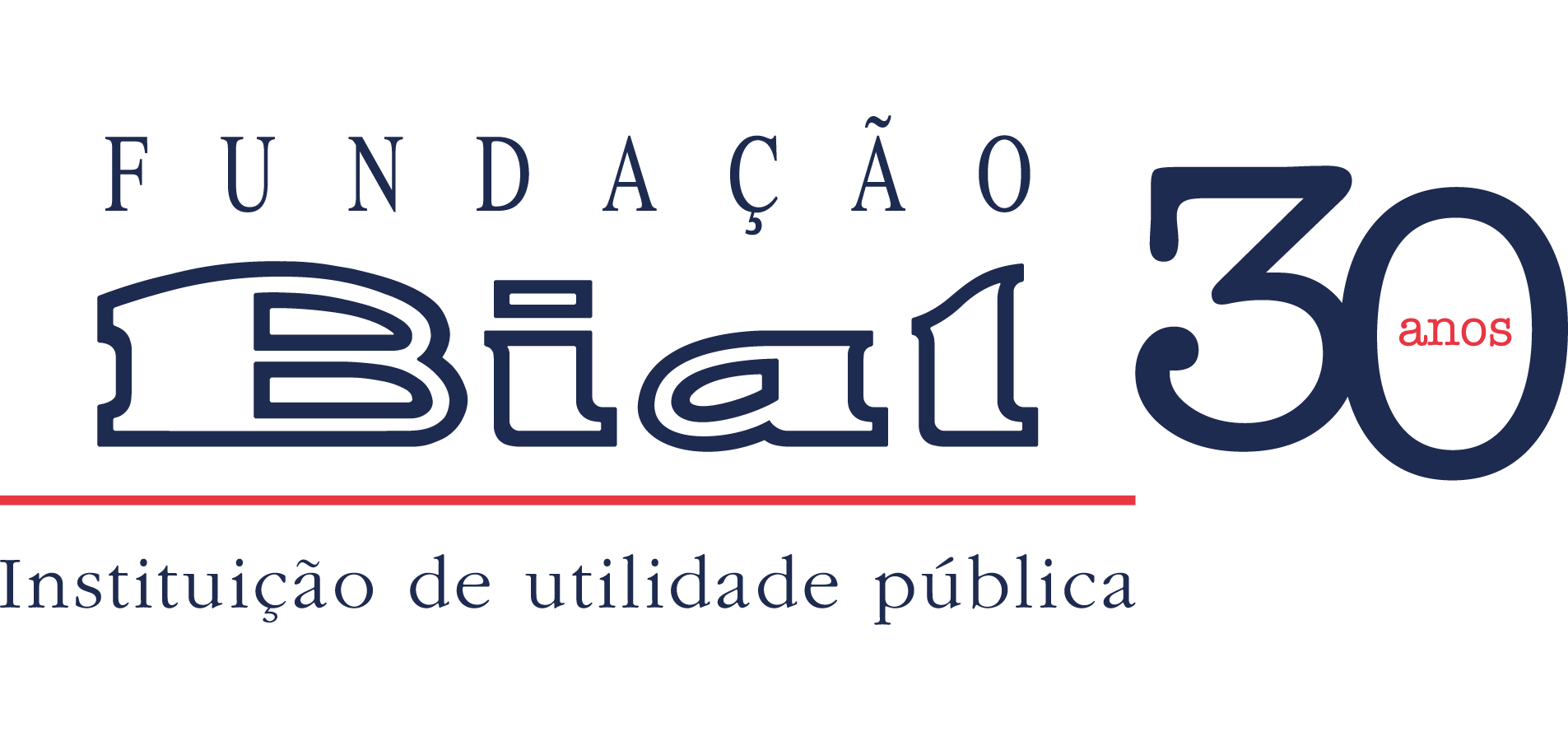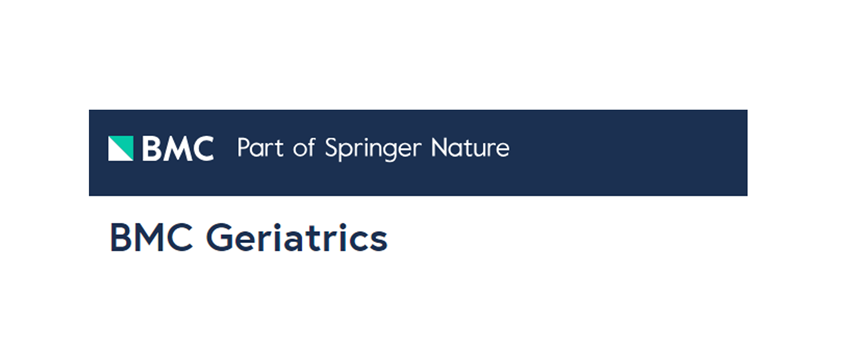No âmbito do projeto de investigação 104/18 - Effect of mindfulness on EEG brain activity for cognitive and psychological well-being in the elderly, liderado por Samantha Galluzzi, a equipa de investigação visou avaliar os resultados cognitivos, psicológicos e fisiológicos, a curto e longo prazo, de uma intervenção baseada em mindfulness (MBI) de 8 semanas, adaptada para videoconferência em direto, num grupo de idosos saudáveis. Os resultados, publicados na revista científica BMC Geriatrics, no artigo Cognitive, psychological, and physiological effects of a web-based mindfulness intervention in older adults during the COVID-19 pandemic: an open study indicam que os participantes melhoraram em vários domínios, incluindo memória verbal, atenção alternada e funções executivas, consciência interoceptiva e ruminação entre o antes e o depois do MBI e no follow-up de 6 meses (T6). De notar que as mudanças mais significativas, com tamanhos de efeito médios, foram observadas na memória verbal imediata e na autorregulação na consciência interoceptiva, e estas melhorias mantiveram-se em T6. Além disso, o estudo revelou alterações na modulação da atividade alfa1 e alfa2 do EEG, que se correlacionaram com melhorias na atenção alternada, função executiva e ruminação.
ABSTRACT
Background
The development of effective strategies to maintain good mental health of older adults is a public health priority. Mindfulness-based interventions have the potential to improve psychological well-being and cognitive functions of older adults, but little is known about the effect of such interventions when delivered through internet. During the COVID-19 pandemic we evaluated short- and long-term cognitive, psychological, and physiological effects of a mindfulness-based intervention (MBI) delivered via web-based videoconference in healthy older adults.
Methods
Fifty older adults participated in an 8-week MBI, which comprised structured 2-h weekly group sessions. A comprehensive evaluation encompassing cognitive (verbal memory, attention and processing speed, executive functions) and psychological assessments (depression and anxiety symptoms, mindfulness, worries, emotion regulation strategies, well-being, interoceptive awareness and sleep) was conducted. Additionally, electroencephalography (EEG) data were recorded before and after the MBI and at the 6-month follow-up (T6). Data were analyzed using an intention-to-treat approach, using linear mixed models adjusted for age. The effect size for time was computed as omega squared.
Results
We observed significant improvements from pre-MBI to post-MBI and at the T6 across several measures. These improvements were notable in the areas of verbal memory (California Verbal Learning Test, p ≤ .007), attention and executive functions (Trail Making Test A and BA, p < .050), interoceptive awareness (Multidimensional Assessment of Interoceptive Awareness, p = .0002 for self-regulation and p < .05 for noticing, body listening, and trusting dimensions), and rumination (Heidelberg Form for Emotion Regulation Strategies, p = .018). These changes were associated with low to medium effect size. Moreover, we observed significant changes in EEG patterns, with a decrease in alpha1 (p = .004) and an increase in alpha2 (p < .0001) from pre-MBI to T6. Notably, improvements in TMTBA and rumination were correlated with the decrease in alpha1 (p < .050), while improvements in TMTA were linked to the increase in alpha2 (p = .025).
Conclusions
The results of our study show that a web-based MBI in older adults leads to improvements in cognitive and psychological measures, with associated modulations in specific brain rhythms. While these findings are promising, further controlled studies are required to validate these preliminary results.





























































































